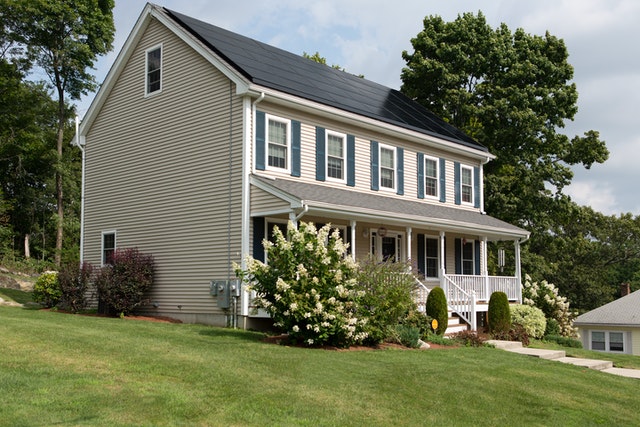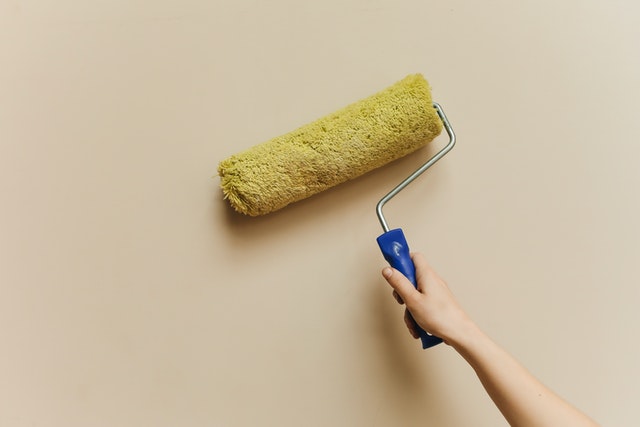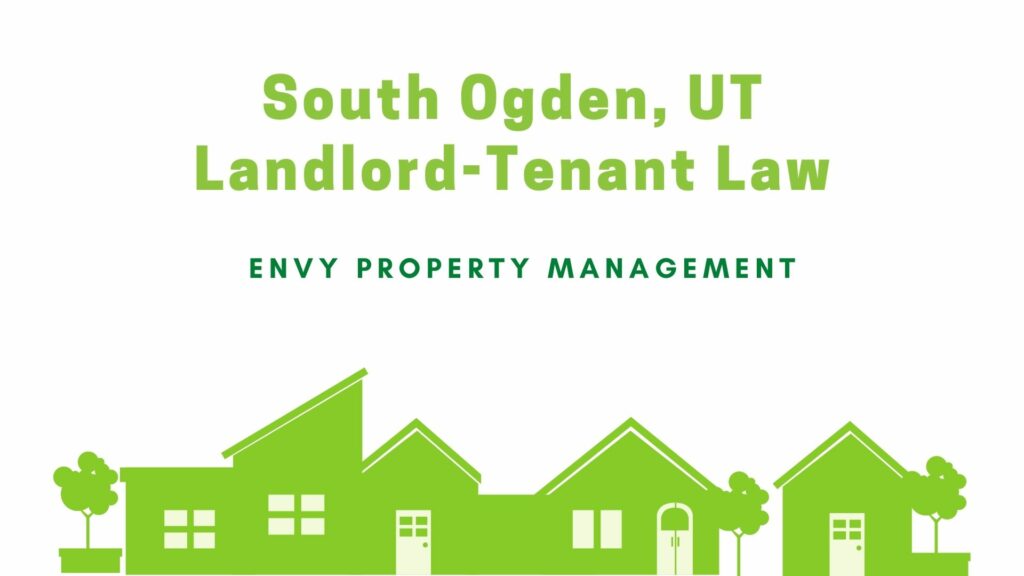As a landlord, when you rent out a unit, it’s important that you familiarize yourself with laws Utah landlord tenant law in order to understand and discharge your landlord duties better.
Utah Tenants’ Rights & Responsibilities
There are the following tenant rights in Utah. The right to:
- Continue occupying their rented spaces until the landlord has followed the proper Utah eviction process to remove them
- Live in a proper that abides by the minimum health and safety codes
- Live in peace and quiet enjoyment
- Landlords must do the repairs within a reasonable period of time after requesting them
- Have their security deposit returned within a period of 30 days after moving out
- Break the rental agreement early for certain legally justified reasons, such as landlord harassment and domestic violence
- Be treated without any discrimination on the basis of race, color, nationality, sexual orientation, income source, or any other protected class
- Be provided proper written notice prior to landlord entry
- Be provided certain mandatory disclosures by the landlord
- Change locks with the permission of the landlord. Utah landlords must honor this request if they have been a victim of sexual assault or domestic abuse.
Paying rent isn’t the only responsibility Utah tenants have. In addition to unpaid rent, if a tenant refuses to follow these other rules, the process of early lease termination can begin. Other responsibilities after the signing of any rental agreements are as follows.

The following is a list of tenants’ responsibilities under Utah landlord tenant law.
- Maintain the rental property in a safe, habitable condition
- Abide by all housing codes that materially affect their health and safety
- Make use of all the provided appliances and facilities reasonably
- Tenant must abide by all terms of the lease, including smoking regulations within the rental unit
- Keep all fixtures clean and sanitary at all times
- Tenant must maintain all carbon dioxide and smoke detection devices
- Take care of all repairs that they are responsible for, not including reasonable wear and tear
- Tenant must not to disturb the peace and quiet of neighbors
- Tenant must not to deliberately cause negligent or careless damage to their rented premises
If a tenant fails to uphold these responsibilities of the rental agreement, they can be evicted.
Landlord Responsibilities & Rights in Utah
Utah landlords have the following rights and responsibilities as per Utah landlord tenant law and the lease agreement. A landlord has the right to:
- Require a security deposit as part of the move-in costs for any rental units
- Charge whatever amount of rent and raise it by whatever amount and at any point during the rental agreement
- Enter a tenant’s rented unit after serving a 24 hours advance notice
- Evict a renter or renters for violating a term of the lease agreement
When it comes to responsibilities under the lease agreement, the list is as follows.
- Carry out a judicious eviction process when removing tenants from their rented premises
- Abide by the Utah security deposit laws when requiring a deposit from tenants
- Not to discriminate against a tenant on the basis of the protected classes under Utah Fair Housing laws
- Carry out requested repairs within a reasonable period of time after being notified
- Ensure the rented unit abides by the Utah habitability in regards to health and safety
- Mitigate damages after a tenant breaks their rental agreement
Required Landlord Disclosures in the State of Utah
Housing providers in Utah are required to make the following disclosures to prospective tenants. You need to let your renters know about:

- Lead-based paint concentrations. If your rental property was built prior to 1978, the landlord must let prospects know about any use of lead-based paint.
- Identity of property manager/landlord. Landlords must let prospects know about the name and address of the person tasked with the responsibility of managing the rental unit during their stay.
- Methamphetamine contamination. This applies to any rental where there is known use of methamphetamine by a prior tenant.
If a landlord fails to disclose any of the above, it would be against the landlord tenant law.
Overview of the Utah Landlord-Tenant Laws
Tenant Eviction
As a landlord in Utah, you're legally allowed to evict a Utah tenant for any of the following reasons.
- Failure by the tenant to pay rent during their tenancy or as stipulated in the rental agreement
- Violation of a term of the lease
- Failure by the tenant to move out of their rented premises after their lease or tenancy has ended
- Violation of the rental agreement as the tenant is conducting illegal activities
- Illegal subleasing of the unit by the tenant, as stipulated in the lease
- Failure to pay security deposits
Every state in the U.S. has a security deposit law in place. Knowing and following the rules therein can help protect you in case of any deposit disputes you have with your tenant.
In addition, housing providers should also check any additional laws that their local government may have. The following are some of the landlord tenant laws that govern security deposits in Utah.
- Housing providers are free to charge a nonrefundable security deposit as long as they provide notice of its purpose in the lease
- Housing providers must only make certain deductions to a tenant’s security deposit. For example, housing providers can deduct from a deposit in case of unpaid rent or in case the tenant causes negligent damage.
- Housing providers need to return their tenants’ deposit within 30 days of the tenant moving out

Failure to abide by these Utah landlord tenant laws has consequences. For example, if landlords fail to return their tenant’s deposit on time, the court might award the tenant not only their full deposit but also damages and court costs.
Housing Discrimination
The Fair Housing Act prohibits landlords from discriminating against tenants on the basis of certain protected classes. The protected classes in Utah include those at the federal level plus those at the state level such as sexual orientation, source of income and gender identity.
The Utah Labor Commissions Antidiscrimination and Labor Division is the government agency tasked with handling housing discrimination complaints in Utah.
Landlord Entry
Landlords in Utah can enter their tenant’s rental unit after serving them notice of at least 24 hours under state laws. The only exception for advanced notice is in case of an emergency, where landlords can enter for urgent circumstances with no notice given.
Bottom Line
If you want a team that’s knowledgeable about Utah law, get in touch with our team at Envy Property Management! We have the tools and experience you need to make the most of your real estate investment.
Disclaimer: This content isn’t a substitute for professional legal advice from a qualified attorney. Laws change and this content may not be updated at the time you read it. If you have a specific question regarding the Utah landlord-tenant laws or any other aspect of rental management, Envy Property Management can help.


